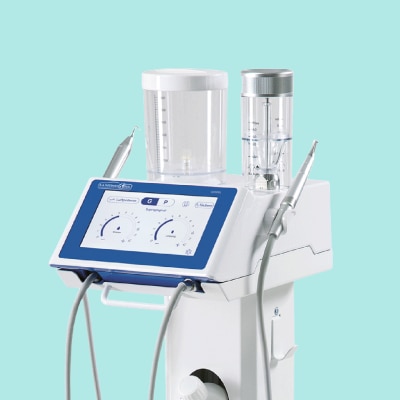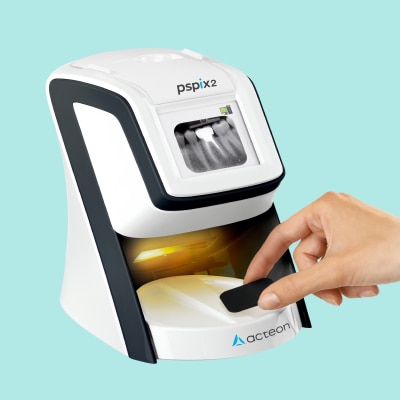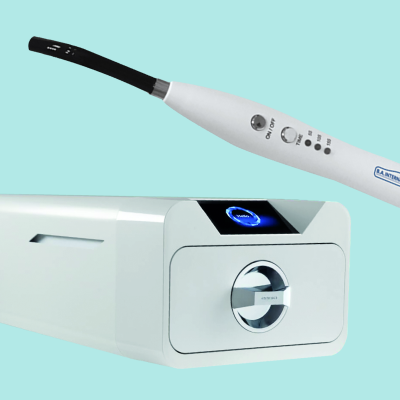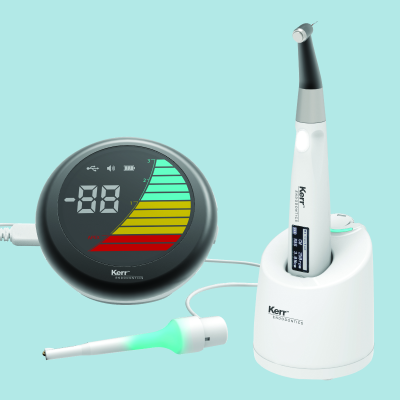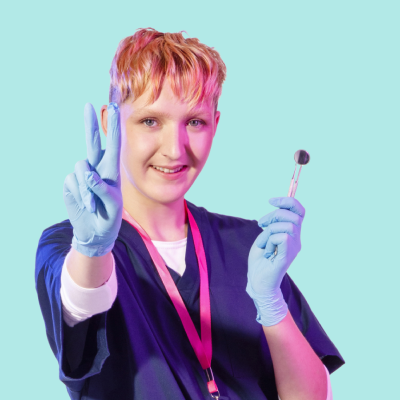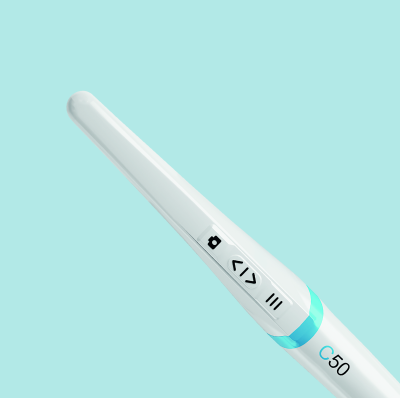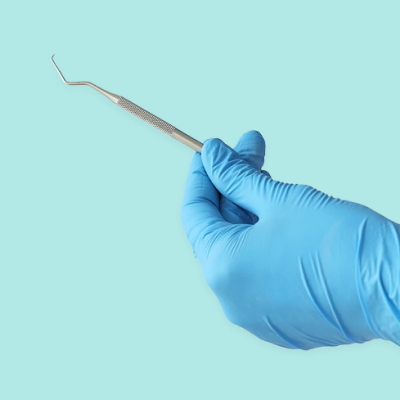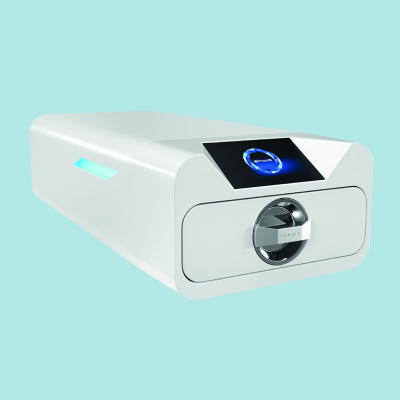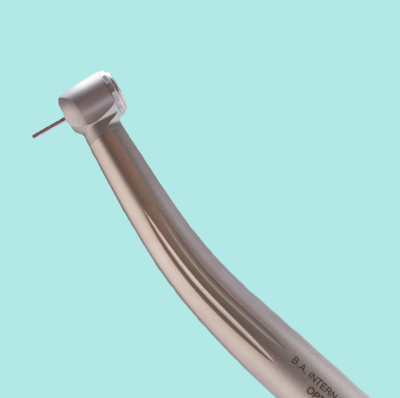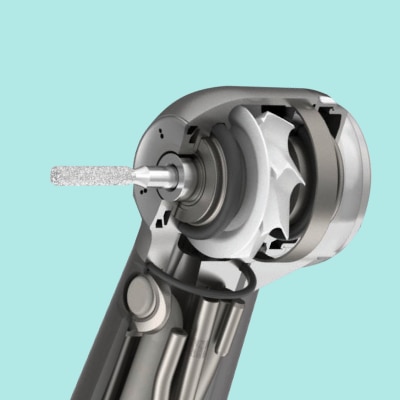Over exposure to loud noise can result in tinnitus, hearing impairment and hearing loss. It can also cause fatigue, tension and disturb sleep. But just how big a concern is tinnitus and hearing loss in dentistry, and what can the industry do about it?
What is Tinnitus?
The NHS defines tinnitus as hearing noises that are not caused by sounds coming from the outside world. These sounds can include ringing, buzzing, humming and hissing. These sounds can be heard in one ear, both ears or in the head. They can be constant or might come and go. In most cases, tinnitus is caused by damage to the inner ear through either ageing or exposure to loud noise. Many people with tinnitus also have hearing loss, but it is also possible to have tinnitus and normal hearing or have hearing loss but not tinnitus.
How Noisy is a Dental Practice?
According to UK Health and Safety Executive (HSE) Control of Noise at Work Regulations 2005, the level at which employers in any workplace must assess the risk to workers’ health and act on this risk is 80 dB (decibels) and above.
Regulations state that staff regularly exposed to levels of 85 dB and above require hearing checks. 87 dB is considered the limit before which employees should not be working in such an environment.
There are several bits of equipment used by dentists that tend to produce lots of noise. The high-speed dental handpiece being the worst offender through a combination of its decibel levels and sheer frequency of use.
The noise generated by dental handpieces and other equipment, such as ultrasonic baths and suction machines, is also heightened by the hard surfaces found in dental rooms which reflect soundwaves.
The HSE has a free online noise exposure calculator which can be used to estimate daily and weekly noise levels in your practice.
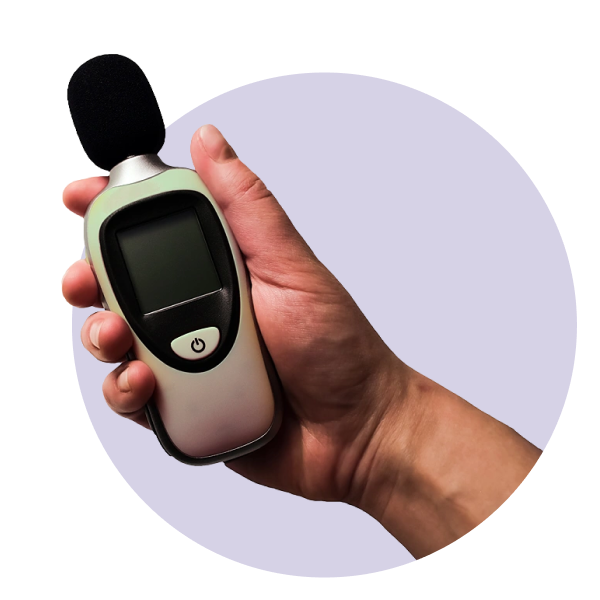
What have Studies Shown?
Though nowhere near as high profile as other health risks associated with the dental profession, numerous studies worldwide have been carried out in recent years that address the relationship between hearing loss and dentistry. According to a recent study from the US1, dentists experience a “considerably higher rate of tinnitus” when compared to the American population as a whole. The study concluded that “results from sound level measurements and questionnaire responses indicate that dentists could be placing their hearing health at risk in a typical daily work environment.” This is supported by research complied by the Hearing Journal2 which found dentists are 50% more likely to suffer from tinnitus and hearing loss compared to the general population of the USA.
In the UK, a recent British Dental Journal article3, which looked at various international studies on the subject, declared noise exposure within dentistry “a concern”. Though no firm conclusion was met, the article suggests that dental nurses and dental technicians in particular had worse hearing thresholds than dentists. It recommends that earplugs become an essential consideration for personal protective equipment (PPE) within dentistry and highlights the importance of instrument use, age and maintenance on noise exposure.
Paying Attention to Your Handpieces
To reduce noise exposure in your dental team consider the sound levels of your handpieces and how you care for them. Newer high-speed handpieces tend to produce sounds of less than 85 dB, however, aged and older high-speed handpieces can reach levels of 100 dB and more.
Well looked after handpieces should produce reduced sound levels compared to those that are not. Tips on handpiece maintenance can be found here. Handpieces in the BA Ultimate range have been designed for quieter operation with sound emission ranging between 59 – 61 dB depending on the turbine.
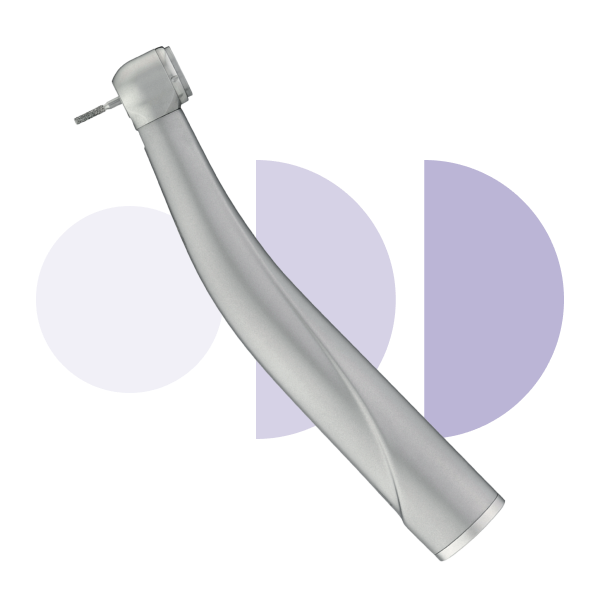
Sources:
1 Prevalence of Tinnitus and Noise-induced Hearing Loss in Dentists (Myers J, Andrew J.B, Kimball S, Fruits T), NCBI, 2016 Nov-Dec; 18(85): 347–354
2 Hearing Loss and Tinnitus Among Dentists (Ian Murray), The Hearing Journal, January 2020 - Volume 73 - Issue 1 - p 10,12,13
3 Is noise-induced hearing loss increased in dental clinicians who use the high-speed handpiece compared to dental professionals who use other noise inducing dental equipment? (S Duerden, B Littlemore), British Dental Journal, 8, 38–48 (2021)


